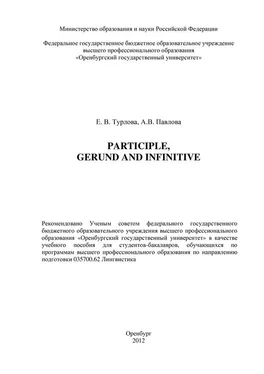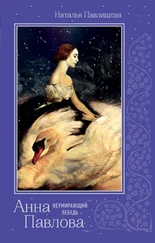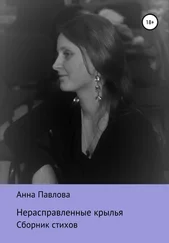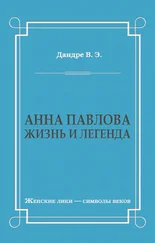• She tried to tranquillize him by reading aloud. Она пыталась успокоить его тем, что читала ему вслух.
c) in predicative constructions:
• My mistress being dead… I had to look out for a new place.Так как моя хозяйка умерла, мне пришлось искать другое место.
• There is no mistake about his being a genius. He может быть никакого сомнения в том, что он – гений.
• She heard him unbar the door and go out into the yard. Она слышала, как он отодвинул засов и вышел во двор.
Table 1 – The use of the verbals in a sentence

The participleis a non-finite form of the verb which has a verbal and an adjectival or an adverbial character.
There are two participles in English – Participle I and Participle II, called the Present Participle and the Past Participle.
Participle I is formed by adding the suffix – ing to the stern of the verb.
As has already been stated, the participle has a verbal and an adjectival or adverbial character.
Its adjectival or adverbial character is manifested in its syntactic functions, those of attribute or adverbial modifier.
Table 2- Double nature of the Participle
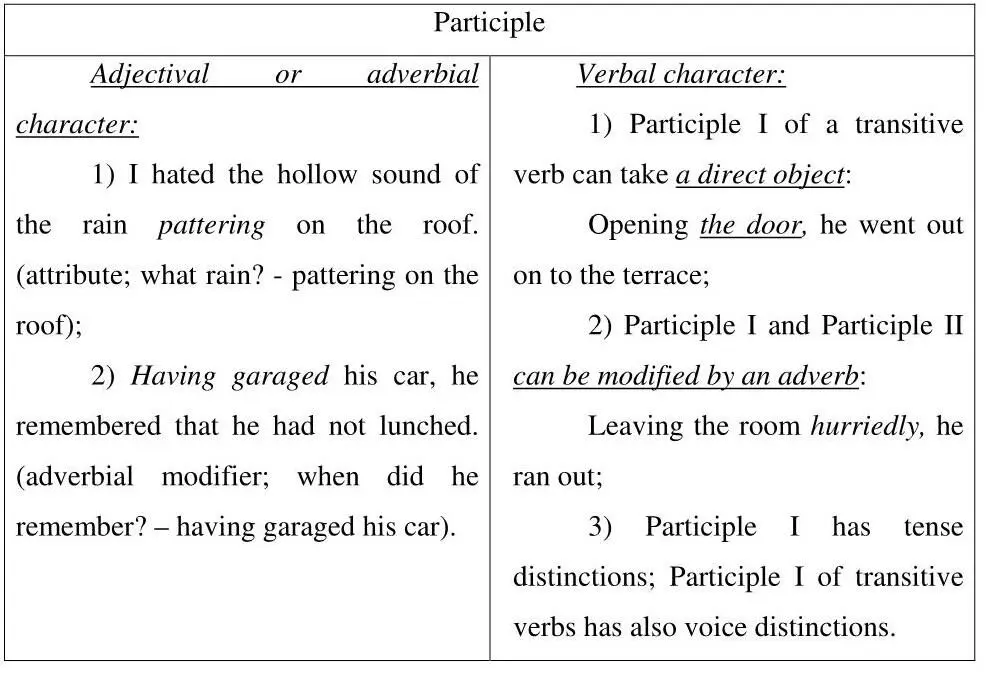
In Modern English Participle I has the following forms:
Table 3 – Forms of the Participle Active Voice Passive Voice Expresses an action
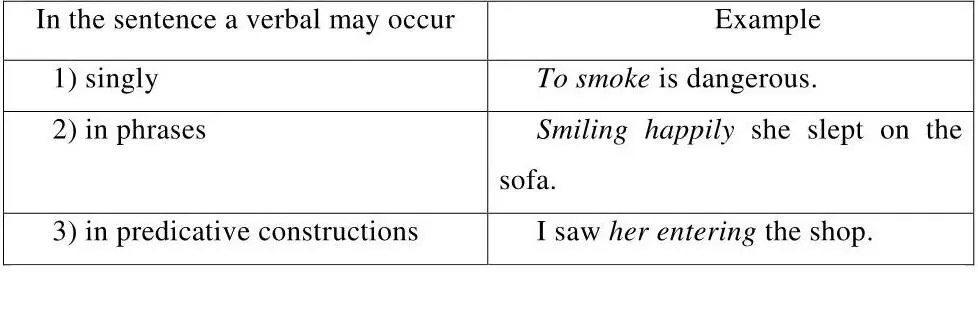
2.2 The tense distinctions of the participle
Participle I Indefinite Active and Passive usually denotes an action simultaneous with the action expressed by the finite verb; depending on the tense-form of the finite verb it may refer to the present, past, or future.
When reading The Pickwick Papers, one can't help laughing. When reading The Pickwick Papers, I couldn't help laughing. When reading The Pickwick Papers, you will roar with laughter.
Participle I Perfect Active and Passive denotes an action prior the action expressed by the finite verb.
Mr. Bumble, having spread a handkerchief over his knees… began to eat and drink.
They were, indeed, old friends, having been at school together.
Having already been informed that he always slept with a light in the room, I placed one of the two lighted candles on a little table at the head of the bed…
It should be noted that a prior action is not always expressed by Participle I Perfect: with some verbs of sense perception and motion, such as to see, to hear, to come, to arrive, to seize, to look, to turn and some others, Participle I Indefinite is used even when priority is meant.
Turning down an obscure street and entering an obscurer lane, he went up to a smith's shop.
Свернув на темную улицу и войдя в еще более темный переулок, он подошел к кузнице.
Hearing a footstep below he rose and went to the top of the stairs. Услышав шаги внизу, он встал и вышел на лестницу.
Participle II has no tense distinctions; it has only one form which can express both an action simultaneous with, and prior to, the action expressed by the finite verb.
• His sister's eyes fixed on him with certain astonishment obliged him at last to look at Fleur.
Взгляд сестры, устремленный на него с некоторым недоумением, заставил его, наконец, взглянуть на Флер.
• I was reminded of a portrait seen in a gallery.
Мне вспомнился портрет, который я видела в картинной галерее.
In some cases Participle II denotes an action referring to no particular time.
• He is a man loved and admired by everybody.
2.3 The voice distinctions of the participle
Participle I of transitive verbs has special forms to denote the active and the passive voice.
• When writing letters he does not like to be disturbed.
• Being written in pencil the letter was difficult to make out.
• Having written some letters he went to post them.
• Having been written long ago the manuscript-was illegible.
Participle II of transitive verbs has a passive meaning , e. g. a broken glass, a caged bird. Participle II of intransitive verbs has no passive meaning; it is used only in compound tense-forms and has no independent function in the sentence unless it belongs to a verb which denotes passing into a new state, e. g. a withered flower, a faded leaf.
Exercises on the form of Participle I.
Exercise 1. Read the following sentences and analyze the form of participle I.
A. 1. I kept silence for a little while, thinking of what Stroeve had told me. 2. He looked… like a man, who has fallen into the water with all his clothes on, and, being rescued from death, frightened still, feels that he only looks a fool. 3. She was lying in the dark, listening to a piano being played several rooms away. 4. Lisa walked back, wishing to get home in time to cook the dinner. 5. Sally saw the advertisement of a play being acted at the neighboring town. 6. Through the open door came a low, groaning sound, being issued out of the dark mist which covered shore and sea alike. 7. She is working in a laundry on the East Side, trying to keep her child's body and soul together.
B. 1. Having tried various topics of conversation… I asked her to tell me who all the people at table were. 2. She walked down the aisle, not changing her expression, and went to the tail of the plane and sat down there. 3. He started the motor and drove off, waving gaily, to go towards his parents' house … 4. He found the studio without difficulty, having equipped himself, from the hotel letter-rack, with a folding map of Paris. 5. …having inquired the way from one of the group of youths lounging outside the Valley Ice Cream Saloon, he (Andrew) set out for the dentist's house. 6. He went out quickly, shutting the door behind him. 7. She didn't return with us, having been asked to a supper party…
Exercise 2. State whether the action expressed by Participle I is prior to or simultaneous with the action of the finite verb (predicate).
1. Three nights later, Theresa having announced that she would be out for the evening, quickly arranged to have dinner with his mother. 2. But I wasn't listening, absorbing the atmosphere of canvases I now knew so well… 3. "Twenty-five minutes past five," said Mr. Rycrolf glancing at the clock. 4. "Tea," I said, setting the big white cup … in front of him. 5. Buttoning her raincoat up to her throat and knotting a scarf round her hair she went to Victoria Street. 6. Getting up, I ran impulsively across the room and flung my arms round her neck. 7. Waking as the sun crept over his pillow, he yawned, sat up and perceived that another day had arrived.
Exercise 3. Choose the proper form of participle I in brackets.
1. "Nonsense," said Caroline in reply… "You'll see. Ten to one she's left a letter (confessing, being confessed) everything." 2. (Turning, having turned) slowly, holding on to the wall, he dragged his way back into his room. 3. The following evening, (refusing, having refused) Elliot's telephoned order to fetch me; I arrived quite safely at Mrs Bradley's house. 4. (Pushing, having pushed) the people aside, he made his way through the crowd. 5. And for a moment they all three stood silently (looking, being looked) at one another. 6. Quickly (taking, having taken) her handkerchief, she hid her face in it and began to sob brokenheart-edly. 7. (Entering, having entered) his own room, he returned speedily with a heavy bound volume.
Читать дальше
Конец ознакомительного отрывка
Купить книгу
